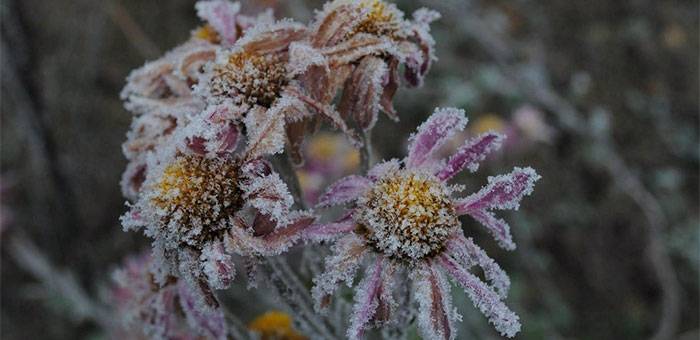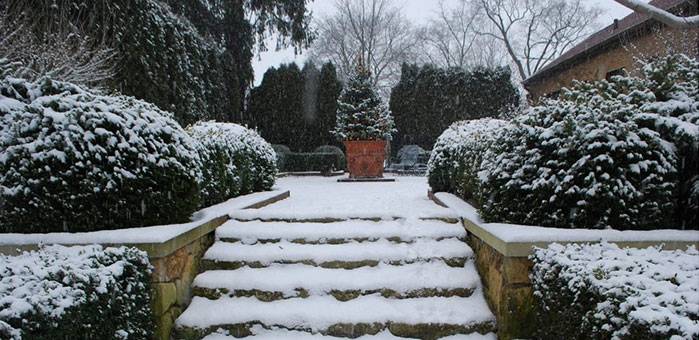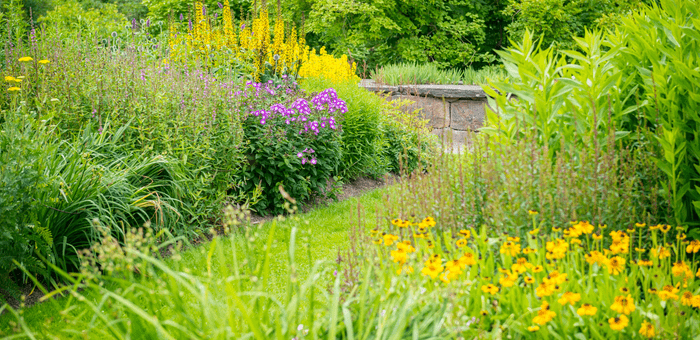
7 Plants You’ll Love if You Hate Fall Yard Work
October 23, 2020
What is Frost Heave?
November 20, 2020Winter in Nebraska is a beautiful time. With picturesque layers of snow blanketing your yard, it can be nice to look at. But for your trees and shrubs, winter can be a trying time. While you may think the extreme cold is the problem, it’s actually a byproduct of that cold weather called desiccation.
Desiccation simply means drying out. What happens is, once the ground is frozen solid and doesn’t get the chance to thaw out, your trees and shrubs become unable to pull in moisture through their root systems. That means they are forced to rely on their internal water reserves in order to stay alive through the winter. Without the aid of anti-desiccant sprays, those trees and shrubs often sustain serious damage.
If you want to help ensure your trees and shrubs survive the winter and reappear happy and healthy again in springtime, an anti-desiccant application is a smart idea.
What is it?
Anti-desiccants are a category of protective sprays that help plants retain water. They are biodegradable and slowly wash away naturally so that they are gone by the time that spring rolls around again.
What types of plants is it good for?
Anti-desiccant sprays are ideal for protecting broadleaf evergreens like azalea, boxwood, holly, and rhododendron; conifers like cedar, cypress, juniper, and pine; and tender stems like rose canes and hydrangea.
When should it be applied?
Anti-desiccants are best applied right before winter first hits and again in late January or early February. The best time to have them applied is on a relatively warm and dry day. Trees and shrubs need to be dry in order for the anti-desiccant to work properly.
Ready to learn more about how anti-desiccants can help protect your trees and shrubs? Click here to get a free quote for your home or call SunCo at 402.972.8603 for a free consultation.





